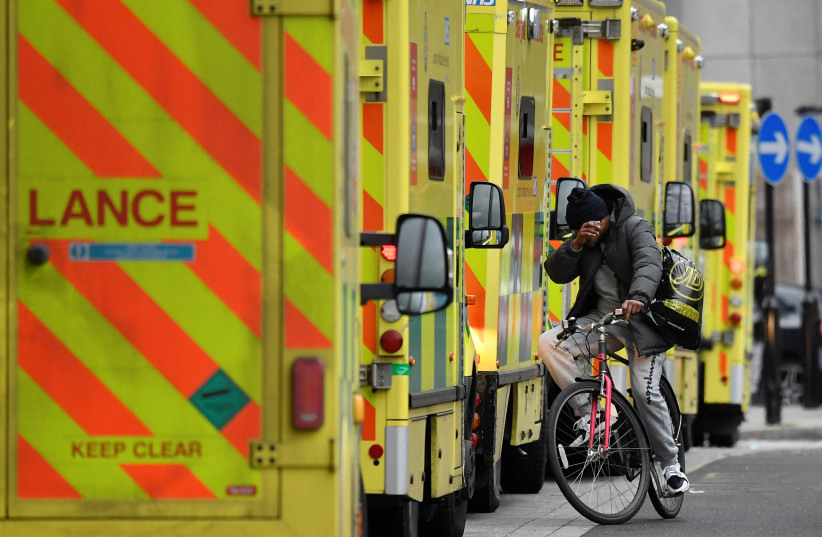A new Imperial College London study, the largest of its kind so far, has identified several factors that increase the risk of hospitalization and death from COVID-19.
Which are the most vulnerable groups?
The study, published in the peer-reviewed journal Nature Communications on Friday, Friday, analyzed data from 2.3 million adults.
The researchers found that groups at a higher risk of severe illness and death from COVID-19 were the elderly, males, people from Asian and Black ethnic backgrounds and people who live in poor areas. Imperial College noted that these metrics were consistent with the results of previous studies.
The new study found that people at the highest risk of severe illness and death from COVID-19 were those with long-term conditions, including learning disabilities and mental illness.
Desperately needed: More proactive care
The study's lead author, Dr. Thomas Beaney, a GP and Clinical Research Fellow from the Institute of Global Health Innovation at Imperial College London, highlighted the importance of providing increased care to people in these risk groups.

"This work highlights those who are most at risk of becoming seriously unwell or dying from COVID-19," he said. "We found that people with learning disabilities or severe mental illness were at particularly high risk. It is vital that this information [be] used to ensure that more proactive care is provided to reduce risk for the most vulnerable and ultimately help save lives.”
The study examined hospital admission and death rates of COVID-19 patients in England who tested positive for the SARS-CoV-2 Alpha variant between October 2020 to April 2021 whose data could be linked to their medical history, according to the college.
Using information from Public Health England, NHS Digital, the Office for National Statistics and anonymous health records, the study took into account factors such as medical history, age and ethnicity, Imperial said.
